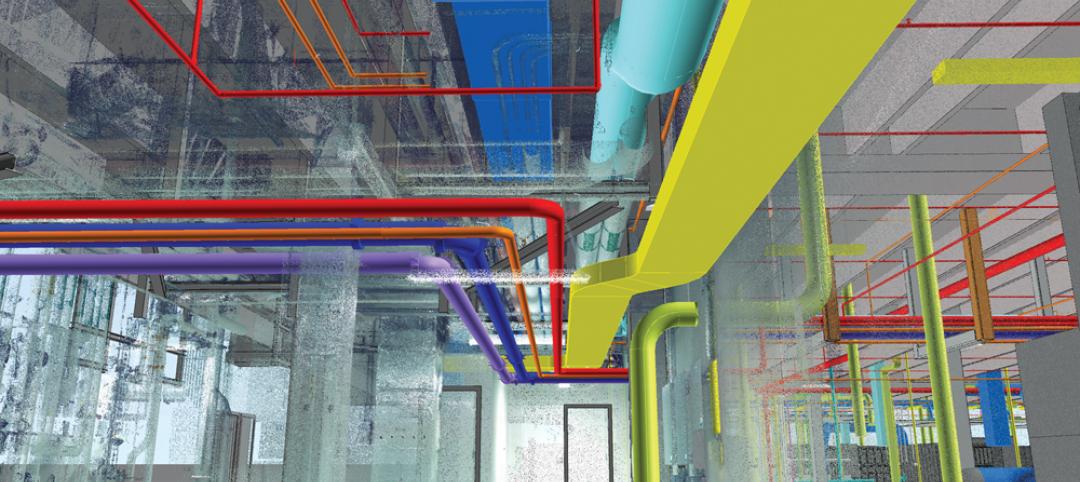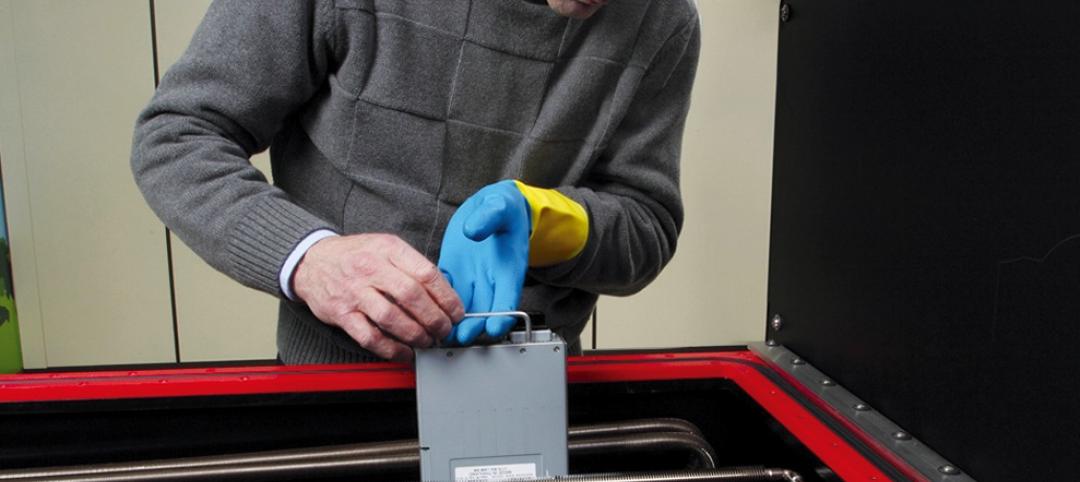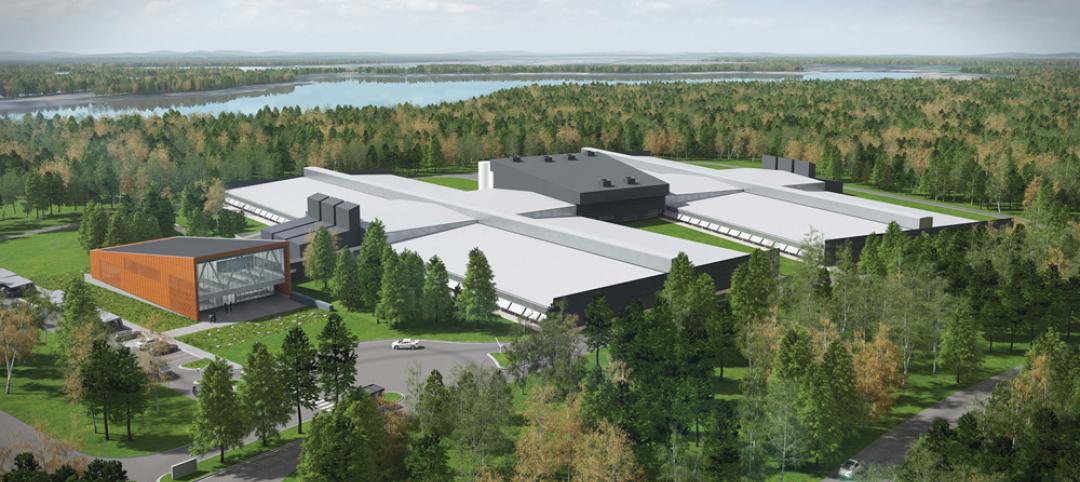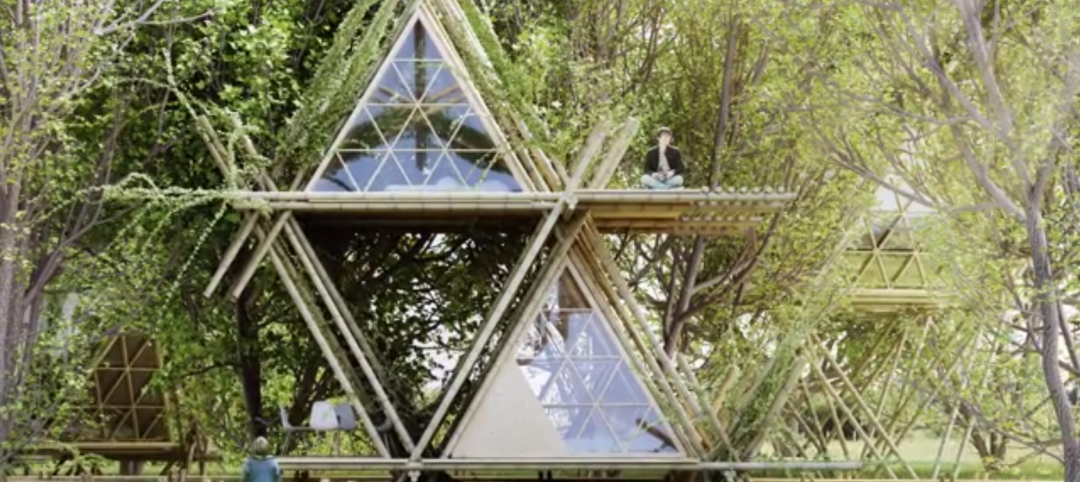Last May, Germany based Thyssenkrupp decided to divide itself into two separate companies as part of a major restructuring effort. That strategy called for spinning off its profitable Elevator Technology business unit via an Initial Public Offering or by putting that unit up for sale.
Elevator Technology, in the fiscal year ended Sept. 30, 2019, generated 907 million Euro (US$1 billion) in cash flow from 7.96 billion Euro in net sales, both up around 5% from the previous year. Thyssenkrupp’s total revenue, just under 42 billion Euro, was up only 1%, and the company reported a 260 million Euro net loss on top of a 12 million Euro loss the previous fiscal year.
Thyssenkrupp, as a corporation, is also groaning under 8.5 billion Euro in pension obligations and 5.1 billion Euro in net debt.
The Elevator Technology unit—which made waves a few years ago with MULTI, the industry’s first sideways-moving elevator transport system—has since drawn interest from at least four investor groups, including one that includes Finnish engineering firm Kone Oyj and CVC Capital Partners, which last week reportedly made a non-binding offer of 17 billion Euro. Bloomberg reports that Kone gave Thyssenkrupp the option of receiving all cash or a combination of cash and stock for the elevator business. And to mollify regulators over any antitrust issues, Kone said it would hand the Elevator Technology operations in Europe to CVC.
Last year, regulators scotched Thyssenkrupp’s attempt to forge a joint venture between its Steel Europe business unit and Tata Steel Ltd.
Last November, Reuters reported that Kone proposed paying Thyssenkrupp a multibillion-euro breakup fee (reportedly the equivalent of US$3.3 billion) to improve its position in the company’s auction of its elevator unit.
The other investor groups vying to acquire Thyssenkrupp’s Elevator Technology unit reportedly include a consortium of Blackstone Group, Carlyle Group, and Canada Pension Plan Investment Board. Advent International, Cinven and the Abu Dhabi Investment Authority form another investor group. And Brookfield Asset Management partnered with Temasek Holdings Pte to bid. These offers reportedly were all under 16 billion Euro, but suitors will have the opportunity to adjust their bids next month.
Thyssenkrupp has also disclosed that it plans to put its plant-building unit—which makes chemicals, cement, and fertilizer plants—on the auction block, possibly selling the division in parts.
Related Stories
BIM and Information Technology | Dec 28, 2014
The Big Data revolution: How data-driven design is transforming project planning
There are literally hundreds of applications for deep analytics in planning and design projects, not to mention the many benefits for construction teams, building owners, and facility managers. We profile some early successful applications.
| Dec 23, 2014
5 tech trends transforming BIM/VDC
From energy modeling on the fly to prefabrication of building systems, these advancements are potential game changers for AEC firms that are serious about building information modeling.
| Dec 17, 2014
ULI report looks at growing appeal of micro unit apartments
New research from the Urban Land Institute suggests that micro units have staying power as a housing type that appeals to urban dwellers in high-cost markets who are willing to trade space for improved affordability and proximity to downtown neighborhoods.
| Nov 3, 2014
Novel 'self-climbing' elevator operates during construction of high-rise buildings
The JumpLift system from KONE uses a mobile machine room that moves upward as the construction progresses, speeding construction of tall towers.
| Oct 14, 2014
Slash energy consumption in data centers with liquid-based ‘immersive-cooling’ technology
A new technology promises to push the limits of data center energy efficiency by using liquid instead of air to cool the servers.
| Sep 10, 2014
Must See: Shape-shifting architecture that responds to heat
Students in Barcelona have created a composite material using shape memory polymers that can deform and return to their original state when activated by cues like heat, humidity, and light.
| Aug 4, 2014
Facebook’s prefab data center concept aims to slash construction time in half
Less than a year after opening its ultra-green, hydropowered data center facility in Luleå, Sweden, Facebook is back at it in Mother Svea with yet another novel approach to data center design.
| Aug 4, 2014
BIM Giants: Firms enhance BIM/VDC with advanced collaboration tools [2014 Giants 300 Report]
Cloud-based data sharing, rapid iterative design, and cross-discipline collaboration are among the emerging trends in the BIM/VDC field, according to BD+C's 2014 Giants 300 Report.
| Jul 15, 2014
A look into the history of modular construction
Modular construction is more than a century old, and throughout its lifespan, the methods have been readapted to meet specific needs of different eras.
| Jul 14, 2014
Meet the bamboo-tent hotel that can grow
Beijing-based design cooperative Penda designed a bamboo hotel that can easily expand vertically or horizontally.

















